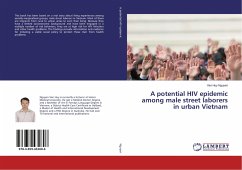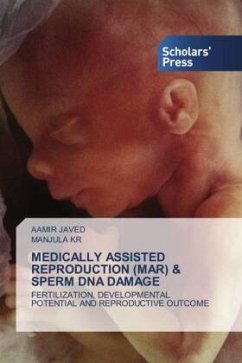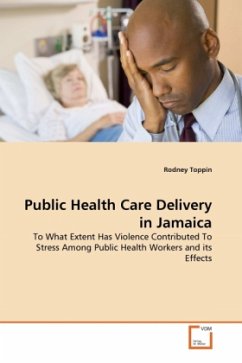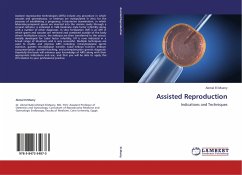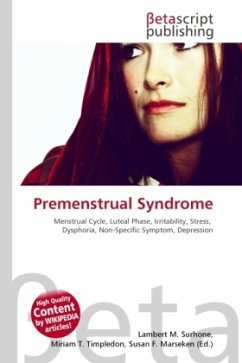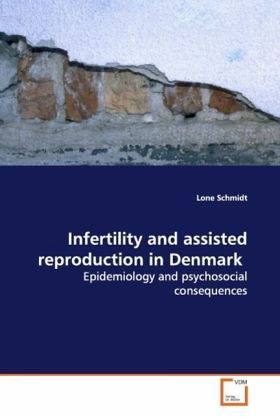
Infertility and assisted reproduction in Denmark
Epidemiology and psychosocial consequences
Versandkostenfrei!
Versandfertig in 6-10 Tagen
39,99 €
inkl. MwSt.

PAYBACK Punkte
20 °P sammeln!
Most young people expect to become parents later inlife. However, in industrialized countries 17-26% ofthose couples having tried to get a child will beinfertile. They will not have achieved a pregnancyafter more than 1 year of trying. Besides being amedical condition infertility is a social situation.For many couples infertility causes serious strain ontheir interpersonal relationships. This doctoralthesis provides information about infertility andassisted reproduction in Denmark. This country hasthe highest percentage of fertility treatmentcompared to the size of the population, and in 20078...
Most young people expect to become parents later in
life. However, in industrialized countries 17-26% of
those couples having tried to get a child will be
infertile. They will not have achieved a pregnancy
after more than 1 year of trying. Besides being a
medical condition infertility is a social situation.
For many couples infertility causes serious strain on
their interpersonal relationships. This doctoral
thesis provides information about infertility and
assisted reproduction in Denmark. This country has
the highest percentage of fertility treatment
compared to the size of the population, and in 2007
8% of all newborn children were conceived after
fertility treatment. This book provides estimates of
infertility and medical care seeking and patient s
expectations to and evaluation of fertility
treatment. Furthermore, on the communication
strategies and coping strategies used in order to
manage the stress related to infertility. The book
will be especially useful for health care staff and
counselors working with fertility patients as well as
for researchers in infertility epidemiology and
psychosocial infertility research.
life. However, in industrialized countries 17-26% of
those couples having tried to get a child will be
infertile. They will not have achieved a pregnancy
after more than 1 year of trying. Besides being a
medical condition infertility is a social situation.
For many couples infertility causes serious strain on
their interpersonal relationships. This doctoral
thesis provides information about infertility and
assisted reproduction in Denmark. This country has
the highest percentage of fertility treatment
compared to the size of the population, and in 2007
8% of all newborn children were conceived after
fertility treatment. This book provides estimates of
infertility and medical care seeking and patient s
expectations to and evaluation of fertility
treatment. Furthermore, on the communication
strategies and coping strategies used in order to
manage the stress related to infertility. The book
will be especially useful for health care staff and
counselors working with fertility patients as well as
for researchers in infertility epidemiology and
psychosocial infertility research.




